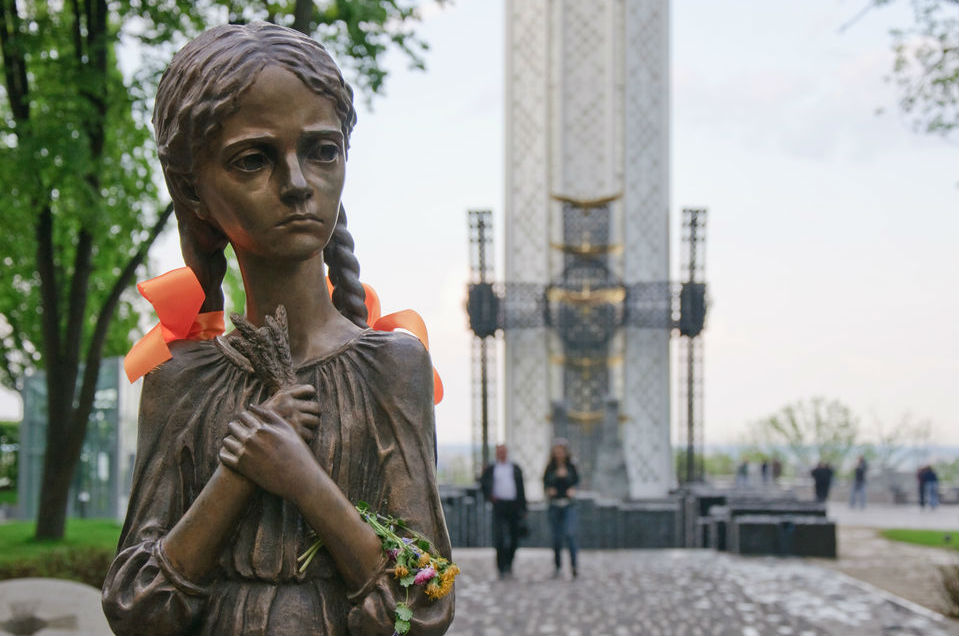 Leading up to the seventieth anniversary of Russia’s victory over Nazi Germany on May 9, seemingly every Russian media outlet buzzed about the unveiling of the country’s new premier tank, the Armata T-14. Outfitted with an advanced remote-controlled armed turret, a new 125-mm 2A82-1M smoothbore cannon, the new tank was rumored to come with a specially developed 152-mm gun—the most powerful cannon ever to be mounted on a battle tank. Images of the new tank led some to write that the Russian military-industrial complex had finally “leapfrogged into the next generation of design.”
Leading up to the seventieth anniversary of Russia’s victory over Nazi Germany on May 9, seemingly every Russian media outlet buzzed about the unveiling of the country’s new premier tank, the Armata T-14. Outfitted with an advanced remote-controlled armed turret, a new 125-mm 2A82-1M smoothbore cannon, the new tank was rumored to come with a specially developed 152-mm gun—the most powerful cannon ever to be mounted on a battle tank. Images of the new tank led some to write that the Russian military-industrial complex had finally “leapfrogged into the next generation of design.”
While the tank was impressive—when it worked—it pales in comparison to Russia’s other main weapon: its own history. Throughout the Ukraine conflict, Russia has weaponized its own history to suit its purposes. These range from absurd announcements, such as the recent proclamation by the Russian prosecutor general’s office that it began investigating the legality of the 1991 independence of the three Baltic republics to its reliance on historically dubious ideologies like Novorossiya to justify the Donbas insurgency.
Russia’s 2014 annexation of Crimea and its subsequent insurgency in eastern Ukraine was a culmination of state policy driven by historic rhetoric that took full advantage of a society that hasn’t been “willing to reach a unanimous verdict on the Soviet regime,” as Justyna Prus of the Polish Institute for International Affairs has observed. Embodied by Russian President Vladimir Putin’s infamous 2005 pronouncement that the Soviet Union’s collapse was the “greatest geopolitical catastrophe of the 20th century,” the posthumous rehabilitation of the USSR—a regime that killed fifteen million to twenty million of its own people—has been troubling.
This rehabilitation has been driven by the idea of historical mythology, which Russian Culture Minister Vladimir Medinsky and author of the best-selling War. Myths of the USSR. 1939-45 describes as a perception of history in which “facts themselves don’t mean too much.” During Soviet times, Russia’s perception of its own history had been defined by the fundamental belief that the communist regime was a functional, legally viable system. As a result, the Russian government is able to blame the West for the tumultuous 1990s, while simultaneously arguing that its 2014 annexation of Crimea was justified because the 1954 transfer of Crimea to Ukraine was “out of line with the Constitution of the Russian Soviet Federative Socialist Republic and the USSR.”
Creating the false narrative that violations of jurisprudence in the Soviet Union were exceptions to an otherwise efficient system also supports the institutionalized glorification of Soviet victory over Nazi Germany in World War II.
Instead of being portrayed as a triumph in spite of gross mismanagement by Joseph Stalin, the Great Patriotic War has become the most important event in the entire history of the country, according to a 2014 survey by the Public Opinion Foundation. Soviet complicity in the unimaginable casualty figures—15 percent of the pre-war Soviet population perished—has been effectively whitewashed and replaced with narratives that focus on sacrifice, unity, patriotism, and unwavering loyalty to the state. Russia’s own portrayal of its role in the war—one in which it is the main heir of the victory over fascism—provides it with a moral high ground that forms the foundation of its involvement in the Ukrainian conflict.
Russia’s glorified version of World War II and its positive portrayal of the Soviet regime has become a “demonstration of power and a source of Russia’s moral right to dictate its will to others,” according to Lev Gudkov, Director of the Levada Center. The Russian-backed separatist leadership in eastern Ukraine has also adopted the concept of moral right. Not only have the separatists adopted the mythical role of defenders against twenty-first century fascism, they have also begun to restructure Soviet history, starting with the sanitization of Ukraine’s 1933 famine—also known as the Holodomor. Instead of an orchestrated tragedy that followed Stalin’s forced collectivization and the Soviet government’s requisitioning of grain for export abroad, the famine is now described as merely an “unavoidable tragedy that befell the entire Soviet Union.”
In 1918, Bolshevik author Lev Kormchy wrote that “in choosing our cannons and weapons, we have overlooked those that spread poison. We must seize this ammunition from the enemy hands.” Though he was describing children’s literature at the onset of the Russian Civil War, Kormchy’s words retain meaning today. For all the armaments in Russia’s arsenal, its strongest weapon remains its skewed interpretation of its past.
Ruben Gzirian is an Eastern Europe analyst at Navanti, an applied analytics company based in Arlington, Virginia.
Image: Throughout the Ukraine conflict, Russia has weaponized its own history to suit its purposes. Not only have the separatists adopted the mythical role of defenders against twenty-first century fascism, they have also begun to restructure Soviet history, starting with the sanitization of Ukraine’s 1933 famine—also known as the Holodomor. Instead of an orchestrated tragedy that followed Stalin’s forced collectivization and the Soviet government’s requisitioning of grain for export abroad, the famine is now described as merely an “unavoidable tragedy that befell the entire Soviet Union.” Credit: Creative Commons/Andrew J. Swan
